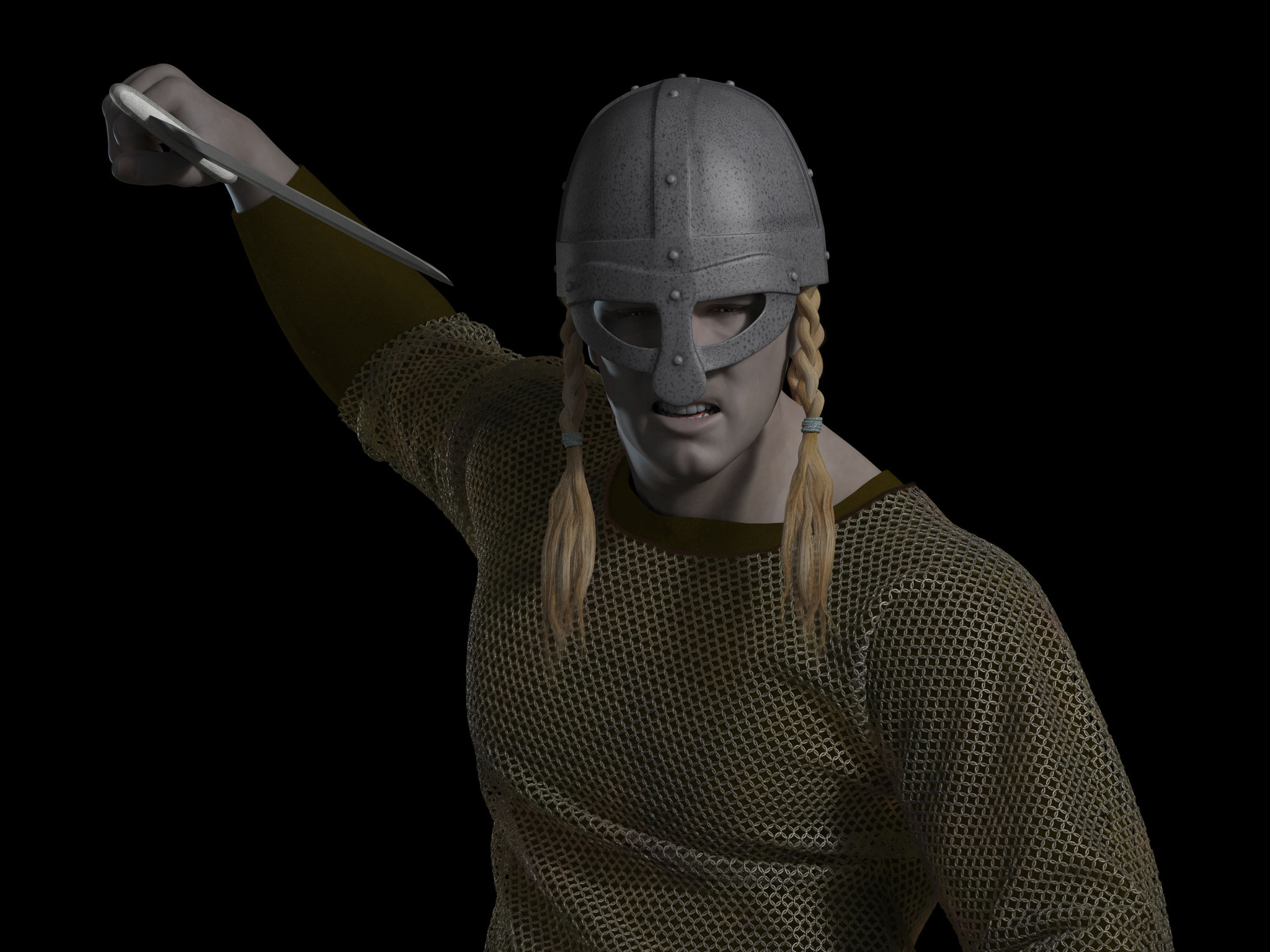Sin In Germanic Heathenry: Ancestral Ethics Beyond Guilt
In discussions around morality, particularly in the West, the concept of "sin" often evokes Christian notions of guilt, transgression, and divine punishment. However, within a Germanic Heathen worldview—rooted in the beliefs and practices of pre-Christian Northern Europe—the concept of sin as a metaphysical violation against a universal god does not exist. Instead, ethics were structured around honor, reputation, and reciprocity within one’s Innangard (social circle). Understanding this distinction is key to appreciating how Germanic peoples conceived of right and wrong, and how that continues to shape modern Heathen revival movements.
Sin vs. Scyld: The Weight of Dishonor

Eric Wodening, in his seminal work "We Are Our Deeds: The Elder Heathenry, Its Ethic and Thew," provides a thorough exploration of early Germanic ethics. He argues that the closest analogue to the Christian concept of sin is not “evil” or “transgression,” but rather the Old English concept of scyld (pronounced roughly "shield"). While scyld can be translated as "guilt" or "debt," it is important to note that it does not imply metaphysical damnation, but rather a breach of social and familial obligation.
To the Heathen mind, scyld was something to be paid off—not something to feel ashamed of forever. It was a social debt, not a spiritual stain. — Eric Wodening, We Are Our Deeds
In this worldview, moral failings were not “sins” in the eyes of an omnipotent deity, but actions that brought dishonor, broke oaths, or destabilized the reciprocal relationships upon which society was built. The response to scyld was weregild—a compensatory payment or action to restore balance—not confession and absolution.
Honor as the Supreme Ethical Principle
Honor was not a subjective feeling but an objective measure of one's standing in society. A man was only as good as his word, his loyalty, and his willingness to defend his kin and clan. Breaking one’s word, acting cowardly, or failing to fulfill one’s duties didn’t invoke divine wrath—they invoked social shame, loss of reputation, and often, retribution.
The Hávamál—one of the core texts of Norse Heathenry—reinforces this ethic again and again. For example:
Cattle die, kinsmen die, you yourself die the same; but the fame of a good man never dies if he wins a good name. (Hávamál, stanza 76)
This is the Heathen ethic in a nutshell: deeds matter. Not belief. Not repentance. Your actions echo through your Wyrd—your personal destiny woven with that of your kin and tribe.
Wyrd and Orlæg: Action Shapes Fate
Another crucial layer in understanding the Germanic approach to morality is the intertwined concepts of Wyrd and Orlæg. Wyrd is often mistranslated as “fate,” but it more accurately refers to the unfolding of events based on one's past actions and inherited circumstances. Orlæg is the primal layer of one’s personal fate—established by ancestral deeds and cosmic forces.
Within this cosmology, every action adds a thread to the tapestry of Wyrd. Negative actions don’t result in sin, but in consequences that may unfold across generations. Thus, morality is not about obeying rules to avoid hellfire—it’s about maintaining integrity, balance, and legacy.
As Wodening notes:
The Germanic Heathen ethic was not built on the avoidance of sin, but on the pursuit of right action, in keeping with one’s station, obligations, and ancestors. — Eric Wodening
No Universal Moral Code

Unlike the Abrahamic traditions, Germanic Heathenry had no set of universal commandments. Morality was situational, relational, and contextual. What mattered was how an action affected the tribe, not whether it was “right” in an abstract sense. Killing, for example, was not inherently wrong; killing a kinsman unjustly was a deep breach of frith (peace and trust). The grith (peace) of the hall had to be maintained—but on the battlefield, violence could be honorable.
Friþ and the Innangard/Utangard Divide
Central to Germanic morality was the maintenance of Friþ —a sacred peace among the members of a kin-group or tribe. Acts that violated this peace (such as betrayal, theft from kin, or oath-breaking) were deeply dishonorable and could result in exile. This exile placed one utangard—outside the bounds of lawful society, effectively rendering them as outlaws.
Again, this is not “sin” as a violation of divine law—it is a practical, cultural system for maintaining order and survival in harsh environments.
Conclusion: Ethics Without Sin
To a modern Heathen attempting to reconstruct or revive ancestral ways, the absence of sin as a religious concept opens a path to a more responsibility-centered morality. Instead of seeking forgiveness for abstract transgressions, one must act with integrity, courage, and honor, taking full accountability for one's deeds. Wodening’s work helps us understand that the Germanic way is not about avoiding damnation but building Worth (mægen) through living well.

Key Sources:
- Wodening, Eric. We Are Our Deeds: The Elder Heathenry, Its Ethic and Theirs. Anglo-Saxon Books, 1998.
- The Hávamál. Translated by Carolyne Larrington, Oxford World's Classics.
- Bauschatz, Paul. The Well and the Tree: World and Time in Early Germanic Culture. University of Massachusetts Press, 1982.
- Byock, Jesse. Viking Age Iceland. Penguin Books, 2001.